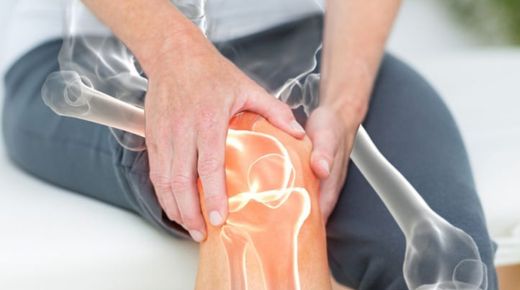
Orthopedic surgeons play a key role in geriatric care. Their expertise helps older adults regain mobility and independence. The Cumming shoulder is one example of how specialized knowledge can improve outcomes. By addressing age-related joint issues, orthopedic surgeons help enhance the quality of life for seniors. Let’s explore how they make a difference in geriatric health.
Understanding the Needs of Older Adults
Aging brings natural changes to bones and joints. This can lead to pain, stiffness, and reduced mobility. Orthopedic surgeons specialize in diagnosing and treating these conditions. Their approach focuses on improving movement and reducing discomfort.
Common Conditions Treated by Orthopedic Surgeons
Orthopedic surgeons address a variety of conditions that affect seniors. Some common issues include:
- Osteoarthritis
- Hip fractures
- Knee pain
Treatment options vary based on the specific condition. Surgeons may suggest lifestyle changes, physical therapy, or surgical interventions.
Impact on Geriatric Care
Orthopedic surgeons have a significant influence on geriatric care. By treating joint and bone problems, they help seniors maintain an active lifestyle. This contributes to better overall health and well-being.
Let’s look at some statistics on the impact of orthopedic interventions:
| Condition | Improvement Rate | Recovery Time |
| Hip Replacement | 90% experience pain relief | 3-6 months |
| Knee Surgery | 85% regain full motion | 4-8 weeks |
| Spinal Surgery | 75% report increased mobility | 2-6 months |
These procedures not only reduce pain but also enhance the ability to perform daily activities. This enables older adults to continue living independently and participate in social engagements.
Collaborative Care Approach
Orthopedic surgeons often work within a team of healthcare professionals. They collaborate with physical therapists, geriatricians, and nutritionists. This team effort ensures comprehensive care for seniors.
For example, after surgery, physical therapists help patients regain strength and mobility. Nutritionists provide guidance on diets that support bone health. This holistic approach leads to better outcomes.
Challenges in Geriatric Orthopedics
Treating older adults presents unique challenges. Surgeons must consider age-related changes in bone density and muscle strength. They also need to be mindful of pre-existing conditions that might affect treatment plans.
Despite these challenges, orthopedic surgeons have made great strides in adapting techniques to meet the needs of seniors. Advances in medical technology and surgical methods have contributed significantly.
The Future of Orthopedic Care for Seniors
The field of orthopedic surgery is ever-evolving. Innovations in minimally invasive techniques and robotic-assisted surgery promise even better outcomes. These advancements aim to reduce recovery times and improve precision.
Research and training, supported by institutions like The National Institute on Aging, continue to drive the development of new treatments. With ongoing improvements, orthopedic surgeons will keep playing a vital role in geriatric care.
Conclusion
Orthopedic surgeons are essential in addressing the unique health needs of older adults. Their interventions help improve mobility, reduce pain, and enhance quality of life. By staying at the forefront of medical advances, they ensure that seniors receive the best care possible.
Through their work, orthopedic surgeons not only restore function but also empower older adults to enjoy their golden years with dignity and independence.



